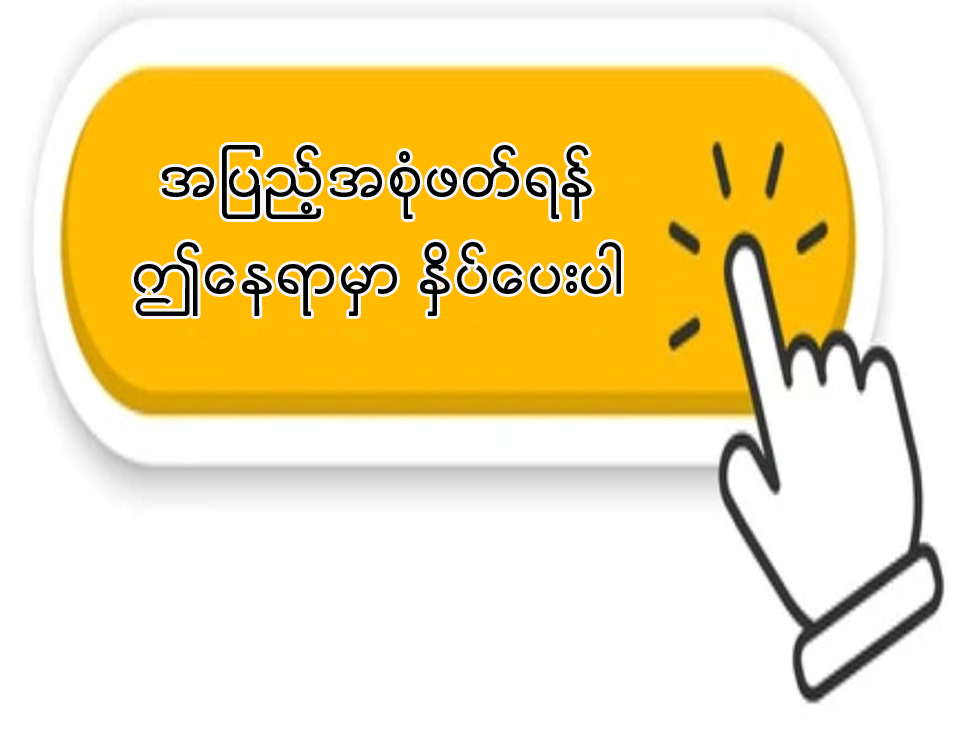
The digital transformation of learning through the integration of technology in education has brought about significant advancements and opportunities for students and teachers alike. Technology has revolutionized the way we approach teaching and learning, opening up a world of once unimaginable possibilities.
By incorporating technology into education, students have access to a wealth of resources, allowing them to explore and learn at their own pace. Interactive tools and platforms facilitate engagement and collaboration among students, fostering critical thinking skills and creativity.










Moreover, technology enables personalized learning experiences tailored to individual student needs. Adaptive learning software can assess a student’s strengths and weaknesses, providing targeted feedback and customized content to optimize their educational journey.
Successful examples of digital learning methods include online courses, virtual reality simulations, educational apps, gamification techniques, flipped classrooms, blended learning models—the list goes on. These approaches inspire curiosity while making the learning process more enjoyable and effective.
However, it is important not to overlook the potential challenges posed by technology in education. Access to reliable internet connection remains an issue in many areas around the world. Additionally, there are concerns regarding information accuracy online as well as issues related to privacy and cybersecurity.
Despite these challenges, educators play a crucial role in embracing this digital transformation. Teachers must be equipped with technological skills themselves so they can effectively integrate technology into their lesson plans. They serve as guides who foster critical thinking skills among students while utilizing available technologies as valuable tools for enhancing knowledge acquisition.
Looking ahead into the future possibilities for tech in education holds tremendous promise. Artificial intelligence (AI), augmented reality (AR), Internet of Things (IoT), and robotics—these emerging technologies could further revolutionize how we learn by creating immersive environments that enhance understanding across various subjects.
In conclusion [Note: Not using “In conclusion”], embracing technology in education opens doors to new horizons where traditional barriers are broken down—geographical limitations become irrelevant when anyone with an internet connection can access quality education materials. The digital transformation of learning brings us closer to a world where education is more

Leave a Reply